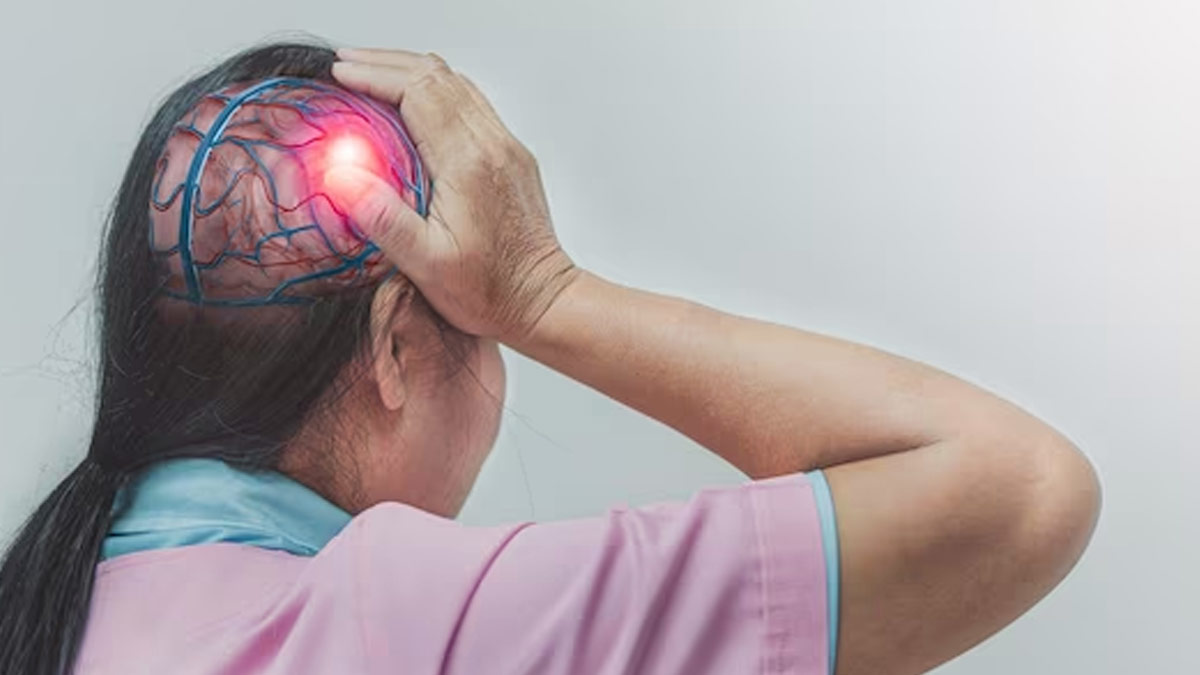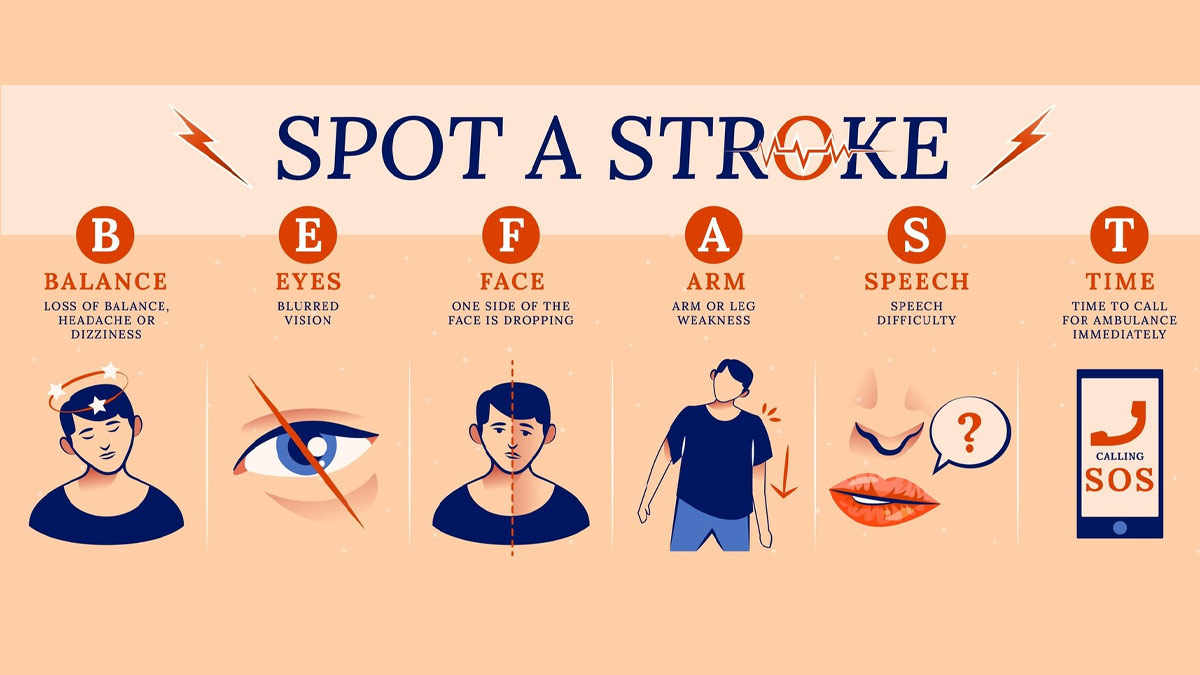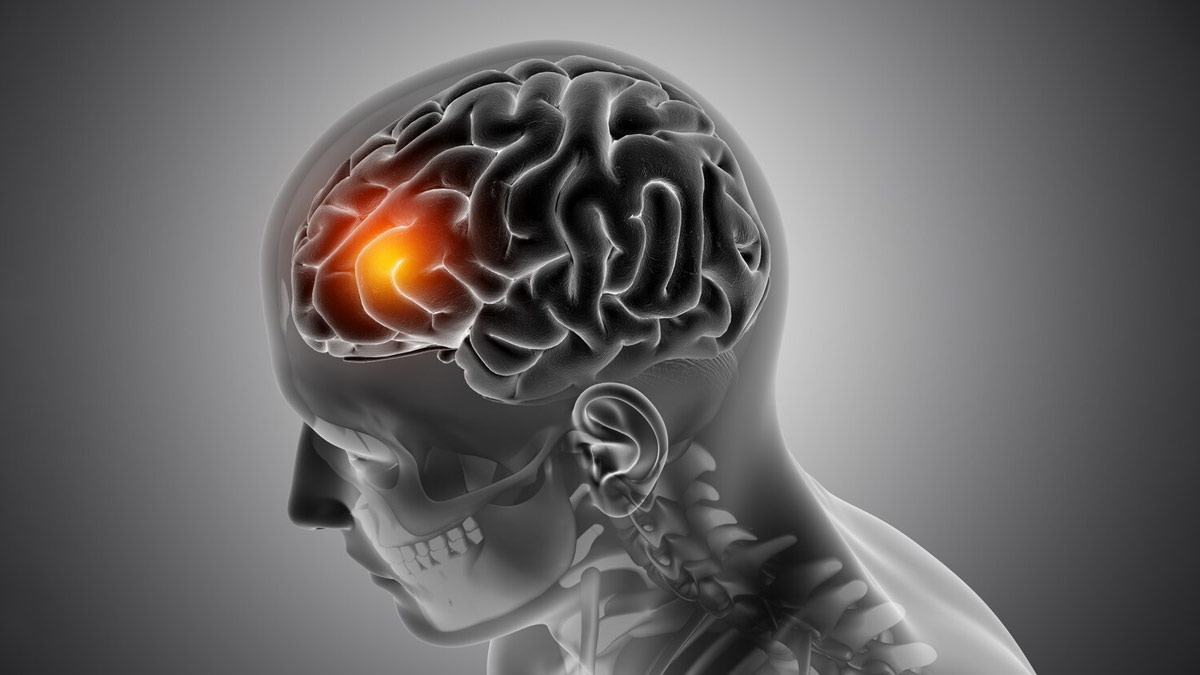
Strokes occur when blood flow to the brain is interrupted, either due to a blood clot blocking a vessel (ischaemic stroke) or a vessel rupturing (haemorrhagic stroke). They are a serious health condition that can have devastating consequences. Unfortunately, many misconceptions surround strokes, often leading to delayed diagnosis and treatment.
Table of Content:-
Common Misconceptions About Strokes
To dispel some common myths and explore the reality of strokes, we spoke to our expert Dr Rajnish Kumar, Principal Director - Neurology, Max Super Speciality Hospital, Dwarka - Delhi. Here is what he shared with us.
Myth 1: Strokes Only Affect Older Adults
The idea that strokes only happen to the elderly is one of the most widespread misconceptions regarding them. This is not at all the case, though. "People of all ages, including children and young adults, are susceptible to strokes. Regardless of age, stroke risk can be raised by conditions like obesity, smoking, diabetes, and high blood pressure," shared Dr Kumar.

Also Read: Air Pollution Linked To Increased Risk Of Type 2 Diabetes: 5 Ways To Stay Protected
Myth 2: Strokes Are Caused by Poor Lifestyle Choices
"Although leading a healthy lifestyle can undoubtedly lower the risk of stroke, it's crucial to realise that poor diet and inactivity are not the only factors that contribute to strokes," he adds. Strokes happen due to numerous variables, including genetics, underlying medical disorders, and specific drugs, which might cause this.
Myth 3: Stroke Symptoms Are Similar to a Heart Attack
"People believe that the symptoms of a heart attack and a stroke are interchangeable but it is another widespread misunderstanding," Dr Kumar clarified. "Although chest discomfort is a common symptom of both disorders, stroke symptoms include sudden loss of vision, especially in one eye, confusion, difficulty speaking or understanding, and numbness or weakness, especially on one side of the body. It's crucial to keep in mind that not everyone suffers every stroke symptom," he added.

Myth 4: Strokes Don't Require Immediate Medical Attention
One of the most dangerous myths about strokes is that they don't require immediate medical care. "In reality, every minute counts when it comes to stroke treatment. The sooner a person receives medical attention, the better the chances of preventing long-term brain damage," Dr Kumar shared. If you or someone you know experiences stroke symptoms, it's crucial to call emergency services immediately.
Also Read: Can Washing Your Hands Too Often Cause Rash?
Myth 5: Stroke Survivors Are Doomed to a Life of Disability
While strokes can certainly have a significant impact on a person's life, it's important to remember that recovery is possible. "With proper rehabilitation, many stroke survivors can regain lost functions and improve their quality of life. While the road to recovery may be challenging, it's essential to maintain hope and seek support from healthcare professionals and loved ones," Dr Kumar concluded.
By understanding the reality of strokes and debunking these common myths, we can make sure that we recognise the signs, seek prompt medical attention, and take proactive steps to prevent strokes. Remember, every minute counts. If you or someone you know experiences stroke symptoms, call emergency services immediately.
Also watch this video
How we keep this article up to date:
We work with experts and keep a close eye on the latest in health and wellness. Whenever there is a new research or helpful information, we update our articles with accurate and useful advice.
Current Version